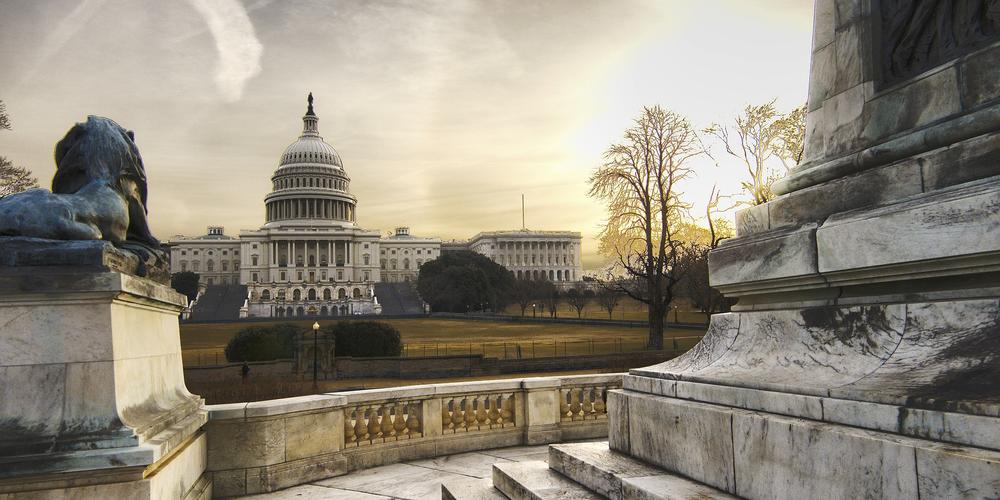
Section Branding
Header Content
Law Of The Jungle: Teaching The Race For Georgia's Sixth Congressional Seat
Primary Content

Article one, section two, clause four of the United States Constitution states, "When vacancies happen in the Representation from any State, the Executive Authority shall issue Writs of Election to fill such Vacancies." A seat in the House of Representatives can be vacated for any number of reasons including resignation, or even an untimely death. The appointment of Tom Price (R), former United States House representative from Georgia's sixth congressional district, to Secretary of Health and Human Services in the Trump Administration, has now triggered a special election. Basically, there are three types of elections: primary, general, and local. A special election, however, can be called to fulfill a specific purpose--such as a vacancy.
In the wake of a presidential election, typically the first national elections (for the House of Representatives or Senate) to take place are largely considered to be referendums or performance reviews of the current president. The winner of these early elections often reflects public sentiments regarding the president's agenda. Georgia now sits in such a position. Since Tom Price has vacated his House seat to become a cabinet secretary, representation for the sixth congressional district is now open. Phrases like "runoff election," and even the more interesting "jungle primary," are being used to describe the process of filling Secretary Price's seat. So let's break them down.
For a standard election to the House or Senate, both parties would normally hold a primary election and then the winners of those primaries would face off in a general election to win the office. During this special election what is more fomrally called a "nonpartisan blanket primary" or "top two primary" has taken place. Students will likely enjoy saying jungle primary a lot better, and perhaps for good reason. In this situation, all candidates, regardless of party affiliation, run in the same primary and, unless one candidate wins more than 50 percent of the vote, the top two vote-getters (Republican Karen Handel and Democrat Jon Ossoff) then face each other in a subsequent runoff election on June twentieth. In the race for Georgia's sixth congressional district seat, there were 18 candidates on the ballot!
To help educators get a handle on this interesting election and its connection to the wider national political landscape, some resources for research and background information, as well as lessons and activity ideas are included below.
- For the basics on how elections work, host a mock election in class.
- Advanced lessons for math and statistics and strategic voting decisions by plurality versus runoff are available for an interdisciplinary approach.
- Since students are likely to see lots of ads in the next few months, help them understand campaigns with this video from PBS, then become more politically media literate.
- Crash Course has great videos for backgrounds on political campaigns or voting behavior.
- Going further into campaign strategy, students can analyze political logos or assess how the internet and technology have changed elections recently.
- Games from iCivics like "Represent Me" and "Cast Your Vote" help students understand how constituencies are built and what their personal political beliefs might be.
- The Dirksen Congressional Center has an in-depth simulation for high school teachers on how congressional elections work.
- To help students get information about candidates, see Vote Smart.
- For districting information, there are lessons on how congressional districts are drawn, U.S. Census information on the sixth district, and a game from the Annenberg Center.
- To fill you in on the background of the election head over to the political junkies at 538.
If teachers want students to go further they might present opposing views from conservative and liberal news sources for students to evaluate. Lessons from the Center for News Literacy can help them understand the difference between fact and opinion-based reporting on elections as well as how to spot and evaluate political biases and why media covers certain topics but not others. And for continuing local coverage, stay tuned to GPB's own Political Rewind, hosted by Bill Nigut for updates and discussion as the election unfolds!
Secondary Content
Bottom Content





